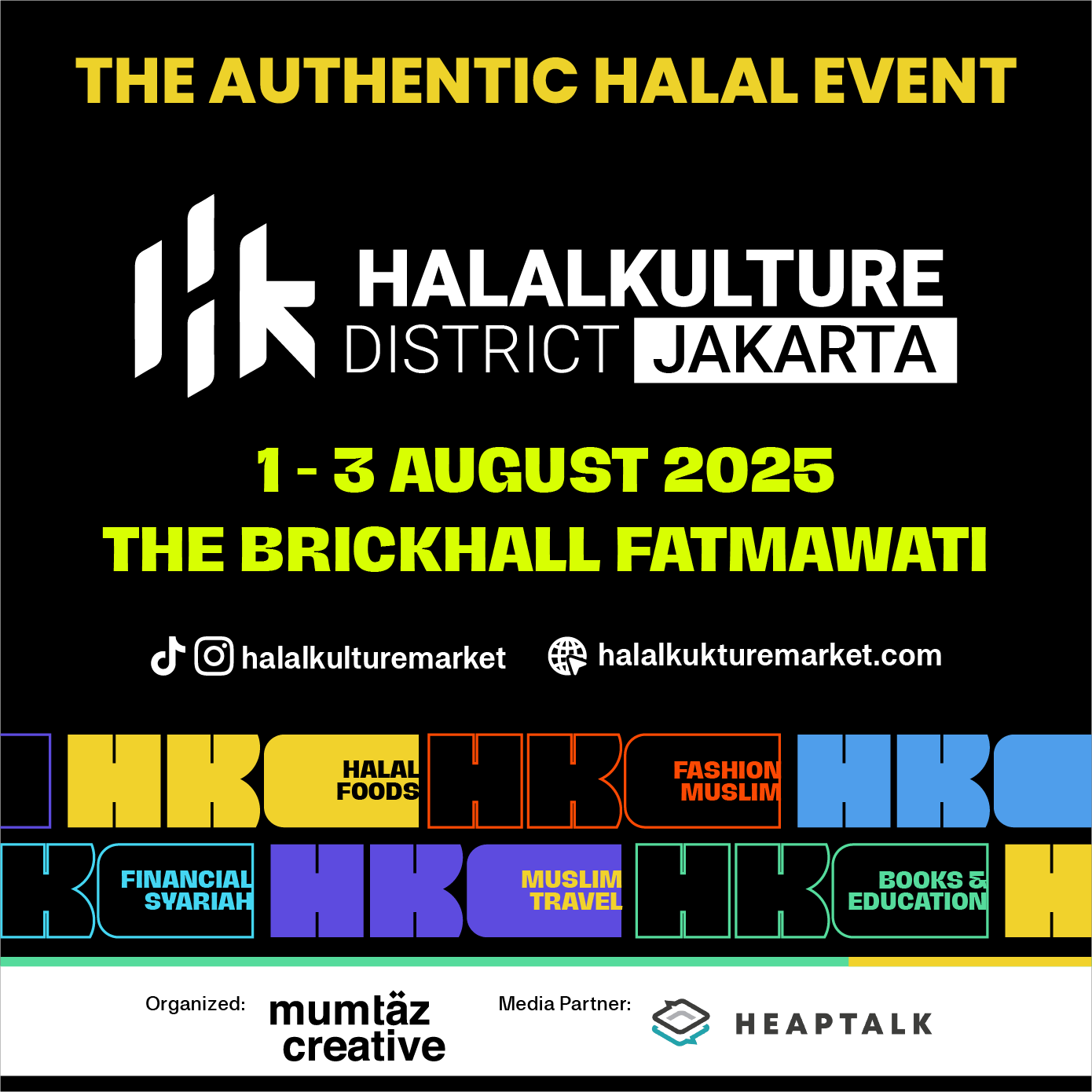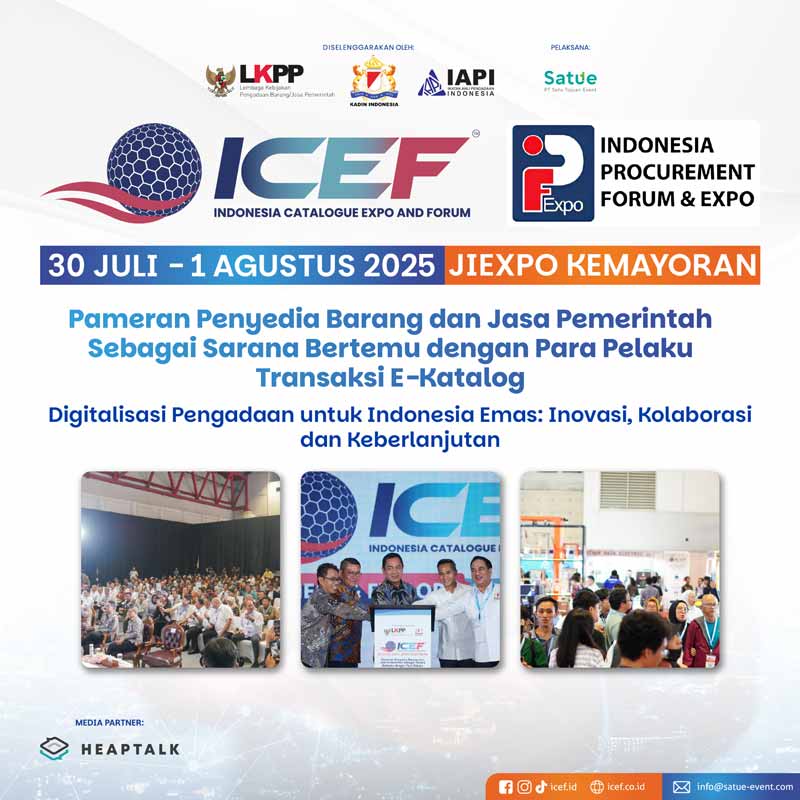Heaptalk, Jakarta — The development of Indonesia’s halal industry performs significant growth in the last two years. Realizing this rapid enhancement, Indonesia’s government initiates numerous strategic plans to bring the archipelago as the capital of halal industry in 2024.
During the Media briefing on Thursday (7/28), as a part of preparative action following this objective, the Coordinator for Industrial Areas Development, Indonesia’s Ministry of Industry, La Ode Ikrar Hastomi, said the government has arranged a master plan for this industry enlargement. He further stated the Ministry continues to accelerate the process of realizing the blueprint master plan by building the halal industry areas in several locations.
As a part of Indonesia’s readiness, the authority has built three halal industry areas: Bintan Industrial Estate, Safe and Lock Industry area, and Modern Cikande Industrial Estate. Also, La Ode revealed the government would establish other halal sector areas in multiple locations, namely Batamindo Industrial Park, Ladong Industrial Area, Jakarta Industrial Estate Pulogadung, and Subang Industrial Area, which are still in progress.
“We have set up the halal industry infrastructure with a one-stop-service (PTSP) scheme. With the full support of the Halal Product Assurance Agency (BPJPH) and Indonesia’s Ulama Council (MUI), we look forward to providing places for making the halal certification process more quickly and easily for Indonesia’s SMEs. In addition, we will supply the halal and sharia financing access for them,” La Ode added.
Simultaneously, Indonesia’s government has prepared several actions to bring the country as the capital of halal industry, including the Halal Inspection Agency (LPH) service improvement and the preparation of the halal sector workforce in Indonesia. The authority also has implemented digital service access regarding the license submission through the National Industry System Information (SIINas) integrated with an Online Single Submission (OSS).
Attending the discussion session, a Secretary of BPJPH, Arfi Hartim, revealed that his party had simplified the product halal certification process for Indonesia’s SMEs through digital service. He also spilled that the certified SMEs for the July 27th, 2022 period are 3.165 for large-scale, 2.153 for middle-scale, 3.401 for small-scale, and 17.709 for micro-scale. Meanwhile, Arfi added that the number of halal certifications issued by BPJPH reached 26.390, and the halal-certified products reached 597.441.
“We have adopted a digital PTSP method to serve SMEs in accomplishing their certification process. As part of our step toward a halal producer worldwide, we will massively continue to socialize people to gain a halal license. By having the halal certification, Indonesia’s SMEs will be more competitive in growing their brand,” Arfi said.
At the same time, the Director of Halal Products Industry at the National Committee for Sharia Economy and Finance (KNEKS), Afdhal Aliasar, suggested the government to be more focus on executing the blueprint or master plan arranged to accomplish the halal destination goals in 2024.
Based on his perspective, Indonesia can easily compete in the halal industry as the country contains tremendous resources, spanning the raw materials, workforce, and market shares to the proper regulation. By focusing on the existing plans, Afdhal is confident in speeding up the process aligned with the target.
As one of the logistic service platforms, Senior Vice President Fulfillment of Shipper, Faizal Kuraesin shared his support for Indonesia’s government’s endeavor to grow the halal product by strengthening the halal supply chain in the country. His party will ensure the traceability principle and secure their primary matter of keeping the halal product quality.
Further, Fauzi said that the team would select the commodities received in the Shipper warehouse to ensure the goods possess halal certification. The Shipper team will also check the packages from the packaging, quantity, material information, producing country, expired date, and halal logo to the hygiene of the transportation used.














